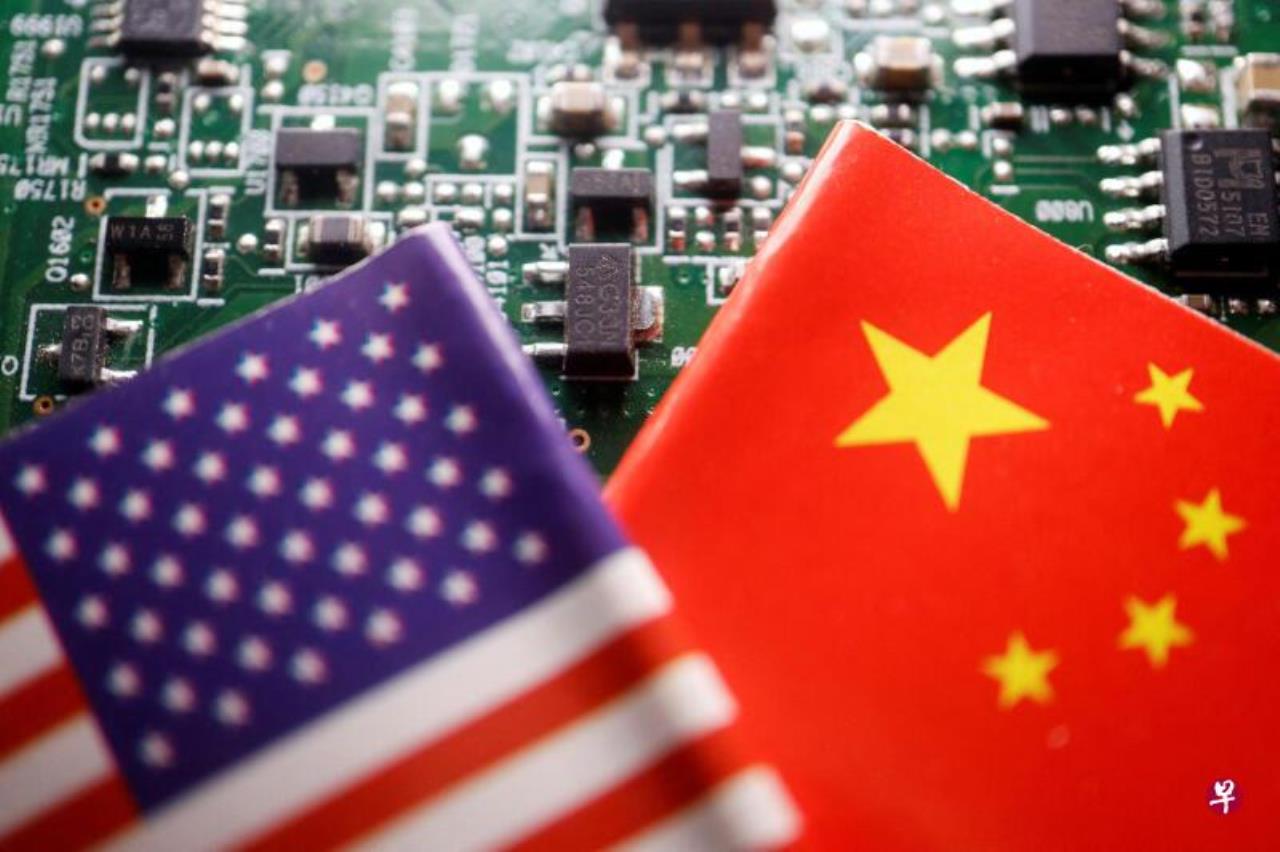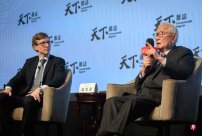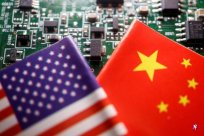
Bynden's government will limit the acquisition of US federal government fundsThe semiconductor manufacturer of the US factories expand its capacity in China.
Comprehensive Bloomberg and Reuters report that officials responsible for allocation of funds saying that chips and science laws that provide funds that provide funds for $ 50 billion (below, about 66.8 billion yuan) will prohibit funds from obtaining funds.In China or Russia and other attractive countries, the production capacity of advanced chips (also known as chips) has expanded by 5%, and the production capacity of old technology has increased by 10%, and these companies are limited to joint research or technical license work with foreign entities that have attracted much attention.
This measure covers the current generation and mature node chip for quantum computing, radiation dense environment, and other professional military capabilities.The US Department of Commerce will introduce these new restrictions on Tuesday (21st).The proposed regulations will have a 60 -day public consultation period, and the final regulations will be announced later this year.
The proposed regulations show that in order to ensure that the beneficiary companies of US federal funds cannot expand their advanced production capacity in "concerned about the country" (including China and Russia), the new regulations prohibit these companies from increasing the more advanced logic chip than 28 nanometer than 28 nanometers.When production capacity, it costs more than $ 100,000.The existing capacity increases in any factory that produces these semiconductors in China.
Companies accepting funding are also not allowed to expand the production capacity of 28 nanometer or lower -level logical chips of existing facilities in the "concerned country" by more than 10%.If these companies want to set up a new factory of such chips, at least 85%of the output must be digested in the host country, and the US Department of Commerce must be notified.
After the new regulations come into effect, the company will also be banned from conducting joint research or permission technologies to the foreign entities that have received much attention, covering any R & D work of two or more personnel.The definition of technical licenses is an agreement to provide patented, business secrets or proprietary technologies to the other party.
The list of foreign entities that have attracted much attention will be expanded to include the list of physical companies in the US Department of Commerce, the list of Chinese military companies of the US Treasury, and the list of communication equipment and service lists of the Federal Communications Commission.These include Huawei, the largest technology company in China, the artificial intelligence giant Shang Tang Group, and the leader of the chip industry Yangtze River Storage Technology.
A familiar government official says that although the proposed regulations limited the expansion of chip manufacturing, if these companies obtain any necessary export control permit for the Ministry of Commerce, they can still upgrade the existing facilities to upgrade technology upgradesTo produce more advanced semiconductors.
It is reported that new measures are expected to affect some companies that have carried out business in China and are expected to obtain incentive funds, including the leader of the world chip industry, Samsung, and Intel.This is likely to hinder some chip companies' long -term efforts to pursue growth in China's largest semiconductor market in China, and it also makes it difficult for Beijing to develop cutting -edge technology in China.
US Secretary of Commerce Raymond in a statement says that chips and scientific laws are fundamentally a national security initiative.It can be used to deal with the cutting -edge technology of the United States and its allies, and it will also ensure that the United States will still lead its opponents in the next decades.
She said: "The United States will continue to coordinate with allies and partners to ensure that the plan promotes our common goals, strengthen the global supply chain, and promote collective security."



